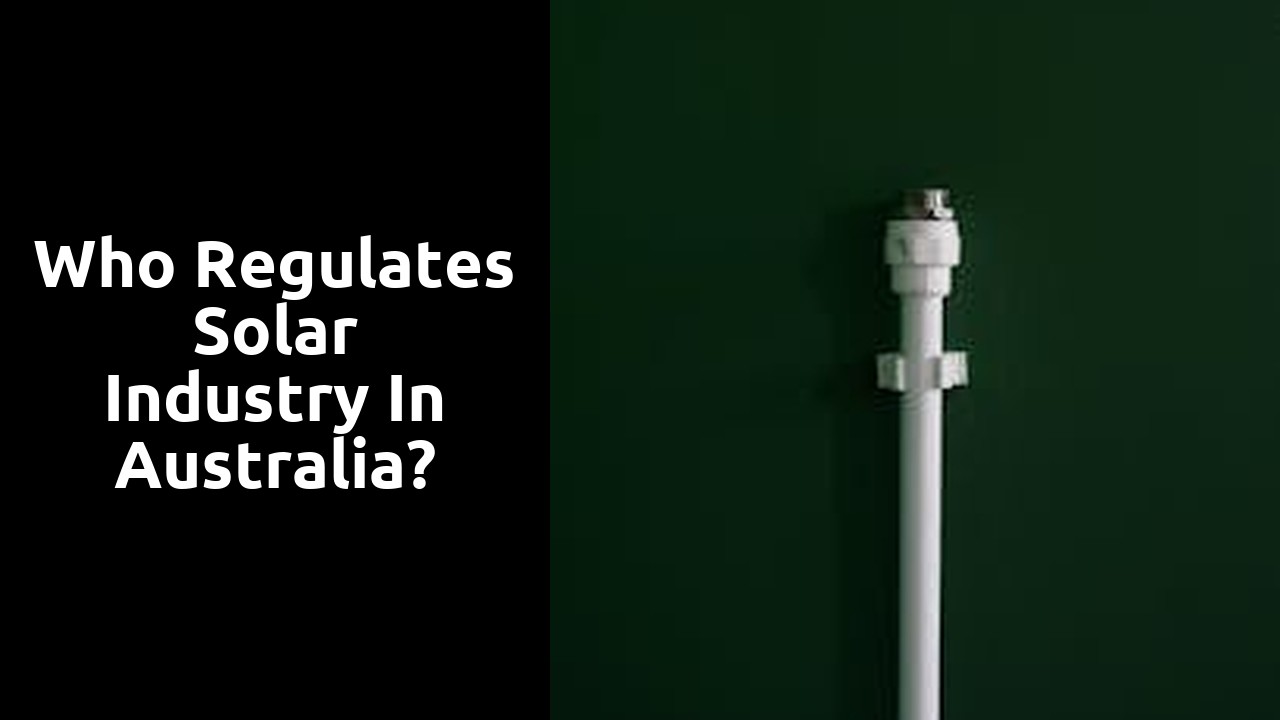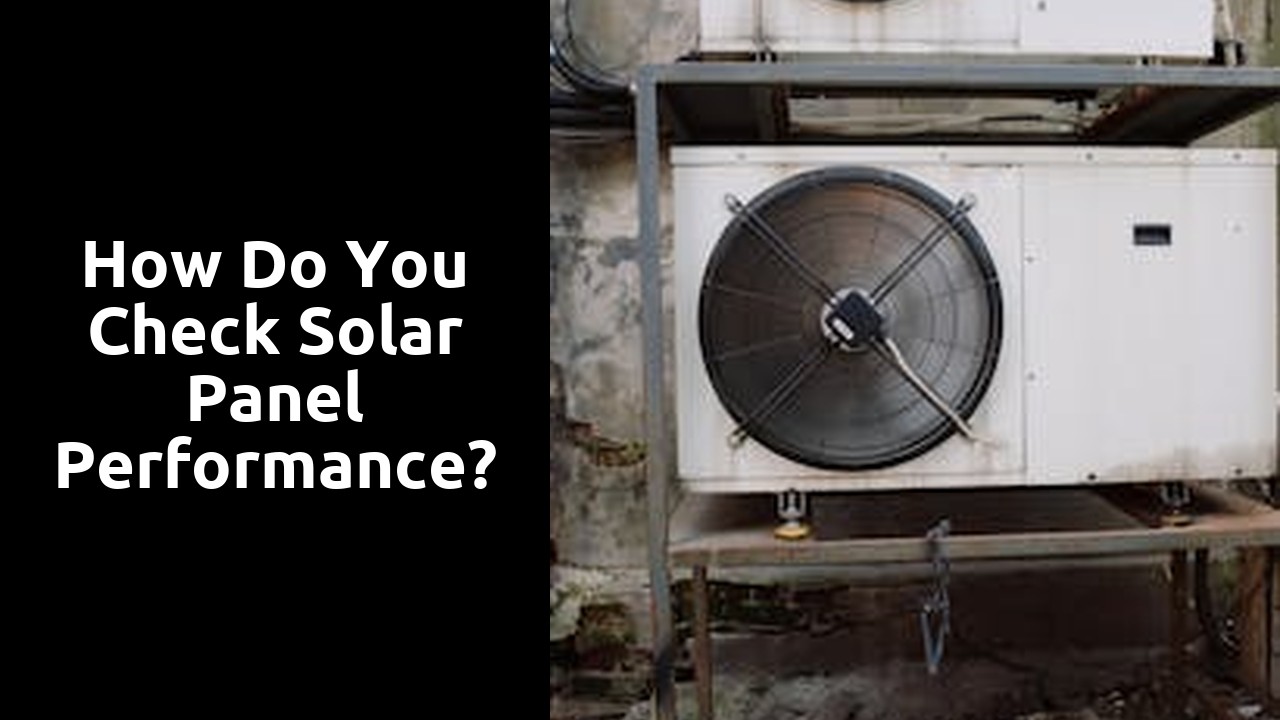
Licensing Requirements for Installers
In Australia, the solar industry is subject to specific licensing requirements for installers. The Clean Energy Council (CEC) is responsible for accrediting installers to ensure they meet the necessary standards for safety and quality. Installers must hold a current Grid Connect Design and Install accreditation from the CEC to work on solar panel systems. Additionally, installers are required to adhere to industry guidelines and regulations set forth by governing bodies to ensure the proper installation of solar panel systems in residential and commercial settings. Furthermore, installers must comply with Solar Panel System Performance Reporting to track and report on the performance of installed systems, ensuring transparency and accountability in the industry.
Adherence to the licensing requirements is crucial to maintain the integrity of the solar industry in Australia. Installers who fail to meet the necessary standards risk facing penalties and enforcement actions, including revoked accreditations and legal repercussions. Monitoring bodies conduct regular audits to ensure that installers are compliant with licensing requirements and industry regulations. By upholding these standards, the industry can promote consumer confidence and trust in the reliability and safety of solar panel installations. The enforcement of licensing requirements and Solar Panel System Performance Reporting serves to safeguard the quality and performance of solar panel systems across the country, creating a more sustainable and secure energy future for Australia.
Electrical Safety Regulations
Electrical safety regulations play a crucial role in ensuring the safe installation and operation of solar panel systems across Australia. These regulations are designed to protect both consumers and workers from potential hazards related to electricity. Proper installation and compliance with these regulations are essential to prevent accidents and ensure the efficiency of solar panel systems. Solar panel system performance reporting is a key aspect of these regulations, as it helps track the effectiveness and safety of installed systems over time.
Solar panel system performance reporting involves monitoring and documenting the performance of the system to assess its efficiency and safety. This reporting ensures that the systems are functioning optimally and adhering to relevant safety standards. Additionally, compliance with electrical safety regulations is monitored through regular inspections and audits to identify any potential issues or areas for improvement. By enforcing these regulations, authorities can maintain the quality and safety of solar installations throughout the country.
Monitoring and Enforcement Procedures
Whereas the installation of solar panel systems is becoming more prevalent in Australia, the need for robust monitoring and enforcement procedures has also increased. To ensure that all installations meet the required standards, regulatory bodies have implemented strict guidelines that installers must adhere to. One crucial aspect of monitoring is the regular inspection of solar panel systems to assess their safety and functionality. Compliance checks are imperative to maintain the integrity of the solar industry and to protect consumers.
Solar panel system performance reporting is an essential component of monitoring procedures. This reporting enables regulatory bodies to track the efficiency and effectiveness of installed systems. By analysing performance data, authorities can identify any anomalies or irregularities in the operation of solar panel systems. Regular reporting ensures that any deviations from the standard are promptly addressed, promoting accountability and transparency within the solar industry.
CER Compliance Audits
CER Compliance Audits in the solar industry in Australia are a crucial aspect of ensuring that solar panel systems meet the required standards and regulations. These audits are conducted by the Clean Energy Regulator (CER) to verify the accuracy and completeness of Solar Panel System Performance Reporting. By conducting these audits, the CER aims to maintain the integrity and reliability of data reported by solar panel system owners and operators.
Solar Panel System Performance Reporting is an essential requirement for solar panel system owners in Australia. It involves providing detailed information on the performance and energy output of solar panel systems. During CER Compliance Audits, the accuracy of this reporting is scrutinised to ensure that solar panel systems are operating efficiently and in compliance with regulatory requirements. Failure to comply with Solar Panel System Performance Reporting standards can result in penalties and enforcement actions by the CER.
Feedin Tariff Schemes
Solar feed-in tariff schemes are a critical aspect of the Australian solar industry. These schemes are designed to compensate solar system owners for the excess electricity they generate and feed back into the grid. Under these schemes, residential and commercial solar system owners receive a payment for the surplus energy their systems produce. This not only promotes the uptake of solar energy but also supports the shift towards cleaner and sustainable energy sources in Australia. As part of these schemes, solar system owners are usually required to participate in Solar Panel System Performance Reporting to track and verify their system's output.
Participation in Solar Panel System Performance Reporting is essential for ensuring the accuracy and reliability of feed-in tariff payments. By monitoring and reporting the performance of their solar panels, owners can provide data that is used to calculate the amount of electricity generated and fed back into the grid. This data is crucial for determining the payments that system owners receive under the feed-in tariff scheme. Additionally, accurate reporting helps regulators and authorities track the overall performance of solar systems across the country, contributing to the transparency and effectiveness of Australia's solar energy initiatives.
StateSpecific Regulations
State-specific regulations play a crucial role in governing the solar industry across different regions in Australia. These regulations address various aspects such as installation standards, grid connection requirements, and overall compliance with industry standards. To ensure the smooth operation of solar panel systems, state-specific regulations often mandate regular inspections and compliance checks to uphold the quality and safety of installations.
Solar Panel System Performance Reporting is a key requirement outlined in state-specific regulations to monitor the efficiency and effectiveness of solar installations. This reporting mechanism involves submitting data on system performance, energy production, and any issues faced by the solar panel system. By adhering to these reporting requirements, solar industry stakeholders can ensure transparency, accountability, and regulatory compliance within the industry.
FAQS
Who is responsible for regulating the solar industry in Australia?
The Clean Energy Regulator (CER) is the primary regulatory body overseeing the solar industry in Australia. ####
What are the licensing requirements for solar installers in Australia?
Solar installers in Australia are required to hold specific accreditations such as the Clean Energy Council (CEC) accreditation to ensure compliance with industry standards. ####
What are the electrical safety regulations relevant to the solar industry in Australia?
Installers and manufacturers in the solar industry must adhere to the Electrical Safety Regulations to ensure the safety and quality of solar installations. ####
How are monitoring and enforcement procedures carried out in the solar industry in Australia?
The CER conducts compliance audits to monitor and enforce regulations within the solar industry, ensuring that installations meet the required standards. ####
What are CER compliance audits and how do they impact the solar industry?
CER compliance audits are inspections conducted to verify that solar installations comply with regulations and standards set by the Clean Energy Regulator. ####
Are there feed-in tariff schemes in place for solar energy producers in Australia?
Yes, Australia offers feed-in tariff schemes to solar energy producers as an incentive for generating renewable energy and feeding it back into the grid. ####
Are there any state-specific regulations governing the solar industry in Australia?
Yes, each state in Australia may have its own set of regulations and requirements specific to the solar industry that installers and producers must comply with.
